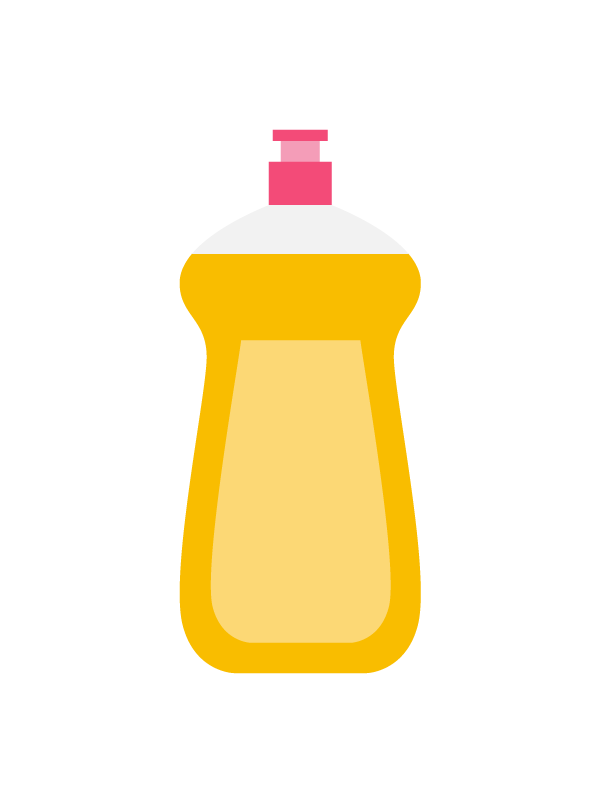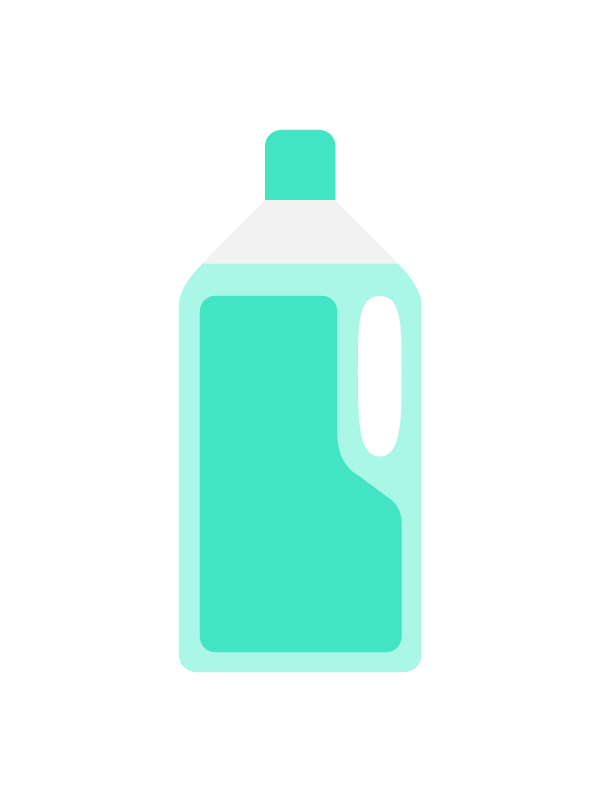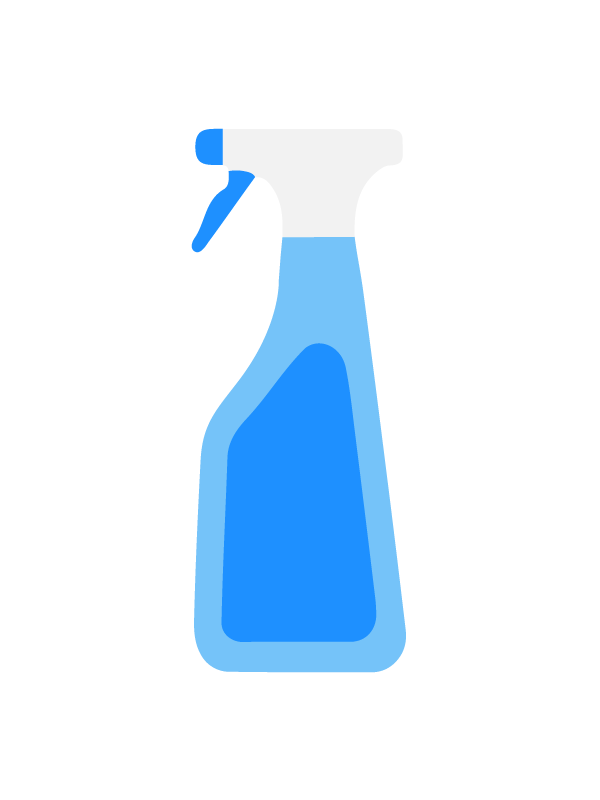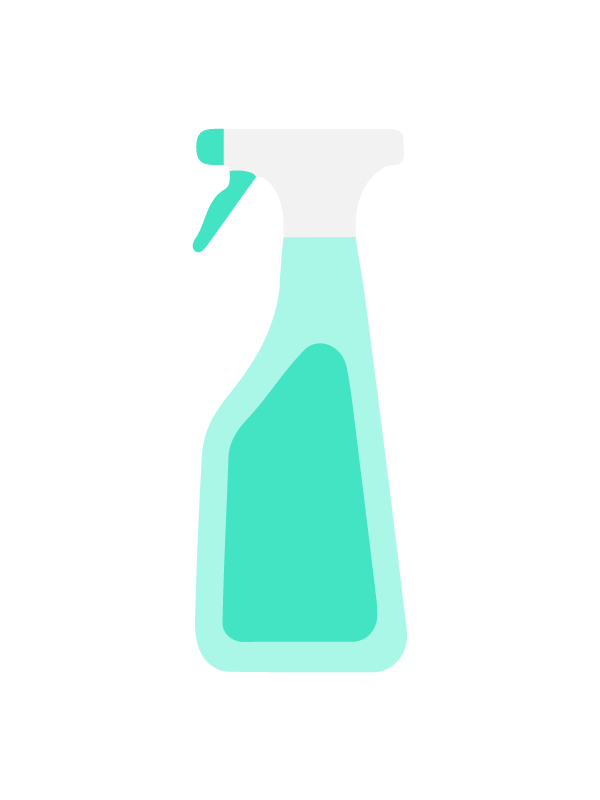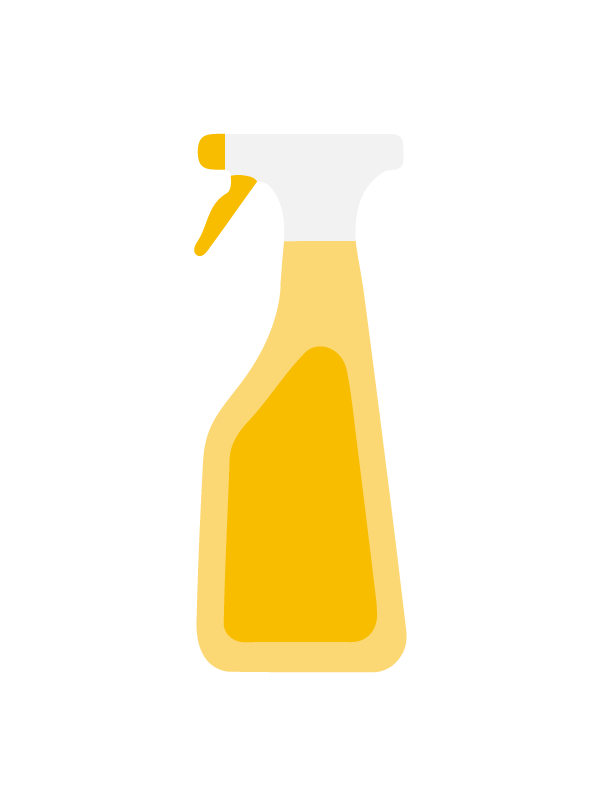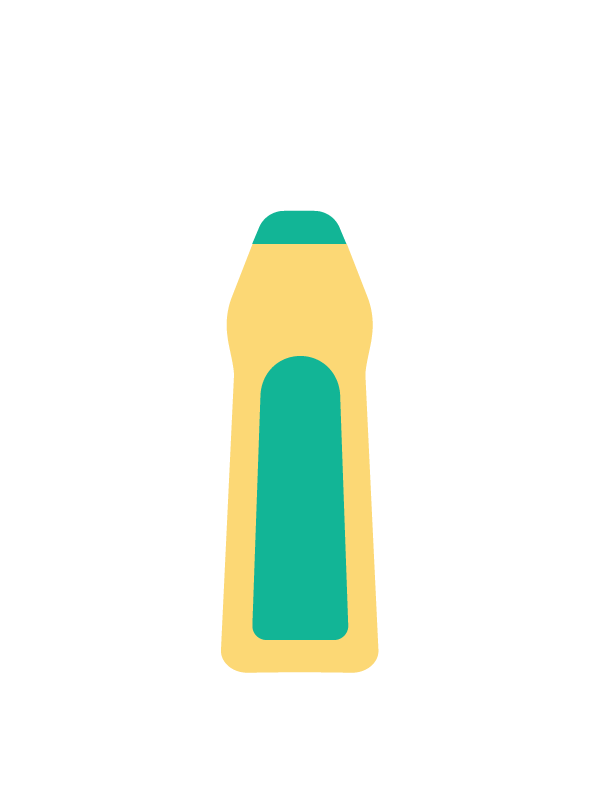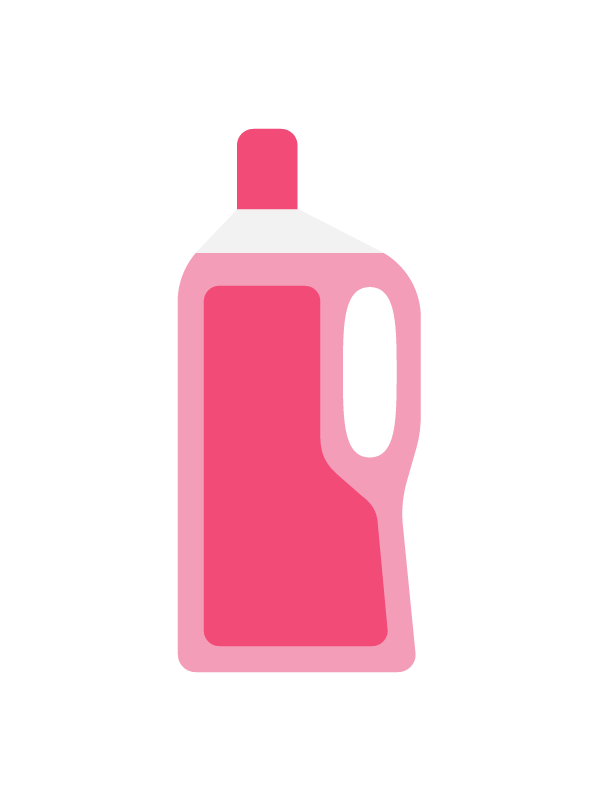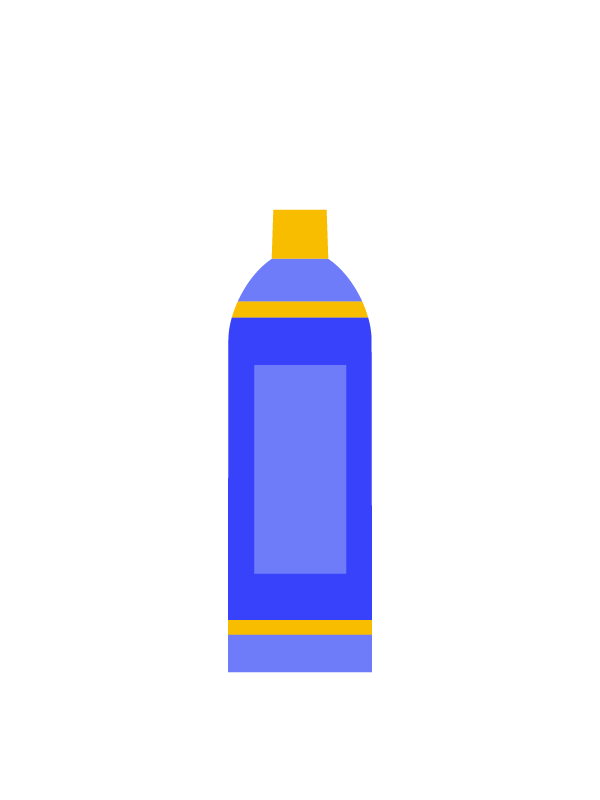Χρήσιμες συμβουλές
When washing dishes by hand, do this straight after a meal to make the washing-up easier and save water.
Always clean surfaces and chopping boards, cleaning cloths and utensils immediately after preparing foods.
Use a disinfectant on the kitchen counter after handling raw meat and poultry.
It’s a good idea to have separate boards for raw meat, cooked meat, fish and vegetables.
Wash your hands after touching raw meat, poultry, fruits or vegetables.
Clean, rinse and dry your washing sponge/cloth or brush between uses to prevent the build-up of harmful bacteria, e.g. in the washing machine at 60°c.
Keep the kitchen clean and free from food particles which may be contaminated with harmful microbes. They can encourage infestation with flies, cockroaches and mice, which can spread infection.
Try to avoid the kitchen becoming a storage room for activities unrelated to food. A tidy kitchen is much easier to keep clean.
Pets are a potential source of infection, so it’s best to keep them away from where food is being prepared.
Do not add pet feeding bowls to the washing up, make sure they are washed separately.
Keep kitchen appliances clean, including the floors around and behind them.
Clean the kitchen sink regularly and rinse it with clean running water.
Some microbes can form permanent living reservoirs in sinks and drains. Although not normally harmful to health, some species can cause unpleasant odours.
Dish care
Surface care
Το γνωρίζατε αυτό;
Food poisoning occurs when food is not properly cooked, by cross-contamination from contaminated raw to ready foods, or touching your mouth with your hands when handling raw foods.
Harmful microbes get picked up during cleaning of contaminated surfaces.
They can survive and spread to other surfaces hands if cleaning utensils are not cleaned after use or left damp.
Cleaning clean and drying utensils after use prevents growth of bacteria that cause unpleasant odours.
Pets are beneficial to our health and wellbeing but can be a source of infection to other family members so pet hygiene is as important as food hygiene.
A dishwasher uses ten times less water and three times less energy than washing the dishes by hands.
If all EU households were to use a dishwasher instead of washing the dishes by hand, the energy saved would be equivalent to twice the total annual electricity consumption of Portugal.
Cleaning your cooker surface frequently makes the job easier and helps it last longer.
The short dishwashing cycle uses more water and energy than the eco programme which is more sustainable.
A dishwasher uses most energy to heat up the water.
Don’t keep the fridge door open. Defrost food overnight in the fridge instead of the microwave.
Place your fridge away from heat sources e.g. the oven, a radiator.
Clean and maintain your fridge regularly, not only inside, also door seals and air vents. Defrost before ice forms.
Clean the dishwasher filter regularly to get the best cleaning performance and prolong the life of the machine.
Sort your waste. The average household produces 1.2kg of waste p/day. Reduce, re-use and recycle locally.
90% of the materials from officially collected household appliances are recovered at the end of their life.
These materials are reused to manufacture new home appliances and in other industries.
Stored cooked foods in the fridge in containers away from raw foods. Clean weekly to avoid cross-contamination.
Clean your pet’s bowl regularly and air their sleeping basket to prevent harmful microbes and pests such as fleas from spreading.
From March 2021 a new energy label appears on household appliances. It is only the label that changes, not the energy consumption. Understand the new energy label
